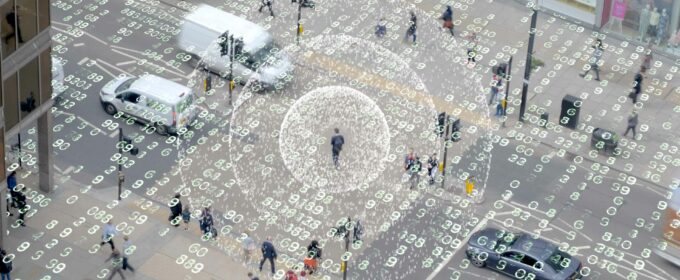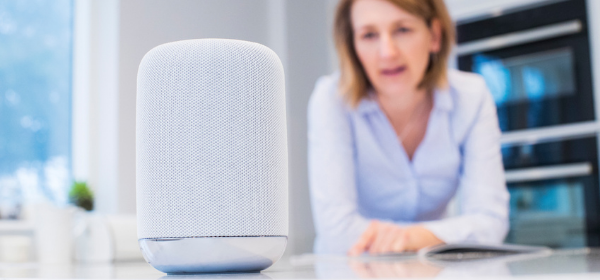The air in cities can be bad for our health. People who live in cities are more likely to suffer from chronic diseases such as COPD and be admitted to hospital with asthma attacks and other serious respiratory conditions. Whilst it is important to monitor these, focusing only on life-threatening events can mask a lower-level […]









